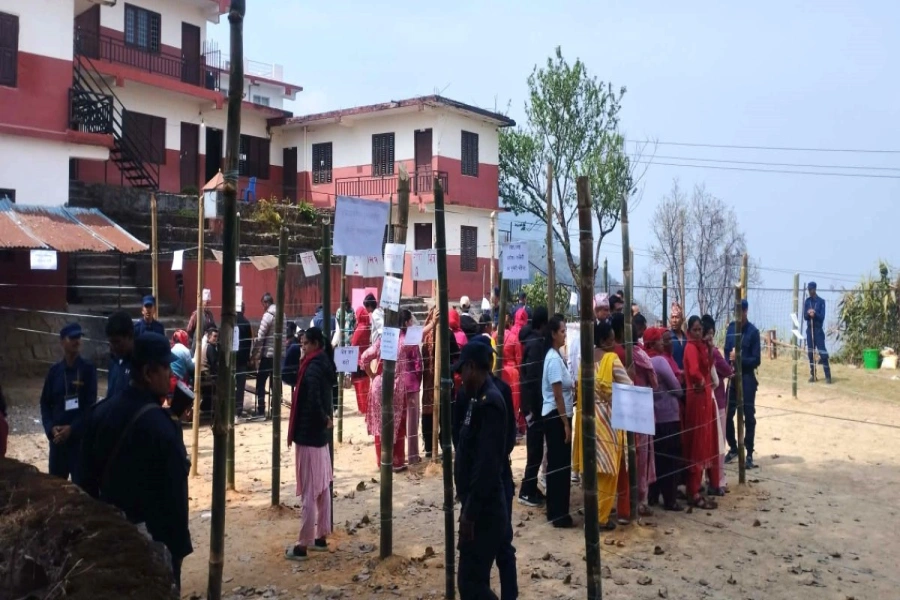The Pulitzer Prize winner by Cormac McCarthy is set in a post-apocalyptic world where the world is blanketed by a fine layer of ash and almost all life forms are extinct. A father and son, never referred to by names but always as the “man” and the “boy”, set out along a treacherous highway traversing from the American North to the South as the weather gets colder with each passing day. They must hide from other humans; as in the wake of such complete devastation, many humans have turned to cannibalism in order to survive. [break]
 Title : The Road
Title : The RoadAuthor : Cormac McCarthy
Genre : Novel, in English
Publisher : Vintage Books
Pages : 287, paperback
Published : March 28, 2007
I had almost forgotten what terror felt like – the kind that, when I was a kid (and yes, even a teenager), would make me wrap myself in sheets from head to toe in fear of the shapeless shadows (cast by moving tree branches outside my window) that I equated with evil forces. McCarthy made me feel that way again.
As the father and son duo crosses from one deadened side of the world to the other, their ability to cope with adversities amidst the lack of shelter, food, security is severely tested. Armed with a gun with two bullets and cartful of blankets and food scavenged along the way, they make their way across a world where earlier living things are “ashen effigies” of themselves and fire has consumed cities, roads, forests and everything else.
Although it is not made clear by McCarthy in his novel as to what caused the doom of the planet, one can only guess the atrocity that occurred before this post-apocalyptic story begins. It’s the curiosity to know more about this distraught world that McCarthy has created that makes you keep turning the pages.
When the man shoots another man who seems to be one of the bad guys, he tells his son, “My job is to take care of you. I was appointed to do that by God. I will kill anyone who touches you.” And there lies the crux of the story.
What follows is the man trying to keep his son alive in a world where nothing is certain and everybody they meet – including a child and a crippled old man – is a threat.
The boy’s mother commits suicide rather than face starvation, rape and witness the cannibalizing of herself and the family. But the man has a mission, and that is to protect the boy. So he never gives up their search for warmer weather (and food, clothes and blankets along the way) so that they can survive yet another desolate, bleak, hopeless year.
And how do they survive? Well, by sleeping badly beneath filthy tarpaulin, setting hidden campfires, exploring ruined houses and scavenging shriveled apples when they run out of food.
What saves this sad and heart-wrenching story from being monotonous and boring is McCarthy’s language which is as minimalist as ever with a narrative style that is almost poetic with lyrical meditations on the horrific depths of human depravity.
The father remembers life before the apocalypse. His son, by contrast, knows nothing of that world. He asks questions about that past world, about birds, animals and what people were like before they turned into cannibals. As the father struggles to describe how the world used to be once, McCarthy explores themes of love, hope and faith in a world where there seems to be nothing to hold on to.
Albeit a bit bleak and horrifying, the novel manages to sear its mark on your mind from the time you read the first sentence to weeks after you’ve put it down. The Road, in its own way, makes us appreciate what we take for granted, even if just a little bit more.
82 per cent work under Lumbini Master Plan completed




































